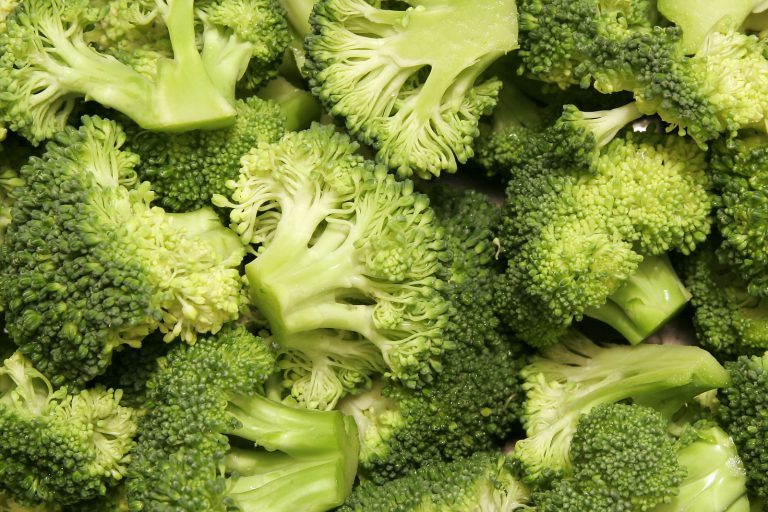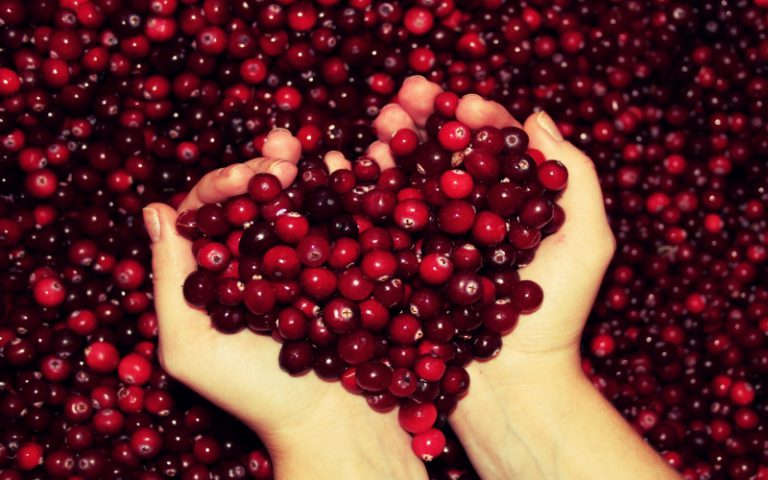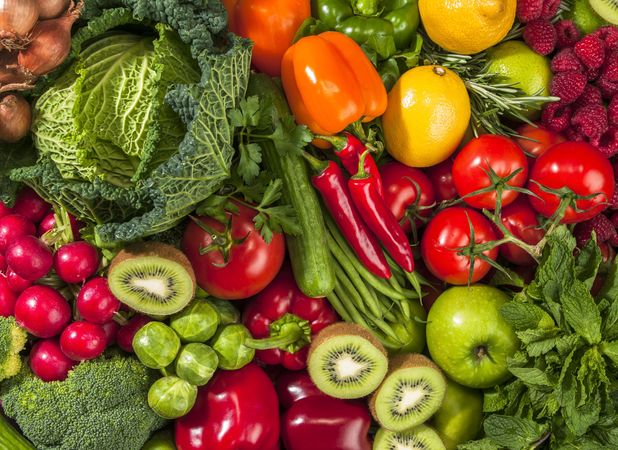I receive all sorts of newsletters, links, articles and so forth on the subject of the role of nutrition in managing cancer, and I see a wide range of material from good information to half truths, from “re-tweeted” tips to interesting recipes, and from well-referenced articles to astonishing nonsense!
Fact or Fiction?
The video clip I saw yesterday was in that last category, unfortunately. It’s precisely this kind of thing that has made it so hard for people battling cancer to make any confident progress when they go to the internet, and wastes a lot of time for all of us sorting through the mess to give you the best information and save you from the worst.
I won’t provide a link because I don’t want to enter a dialog of antagonism with any particular individual, suffice to say that the video featured a touring speaker who challenges almost every established fact in the library of health, for no apparent purpose. His material is certainly not very educational but does provide some sort of entertainment I suppose!
In this particular clip, it is claimed that iodine can cure any kind of thyroid disorder (untrue), and that the best source of iodine is mushrooms (also untrue). Why would he make those statements? How hard is it to check those facts? Any of you could discover the error in about thirty seconds. Just search for “sources of iodine” or “nutrients in mushrooms”. It never ceases to amaze me how some speakers and internet writers make such bold claims which to me seem completely baseless.
On a positive note, I will make a few remarks about mushrooms and iodine, although not in the same sentence (after this).
Firstly, Iodine
Iodine is a remarkable element with a critical role in a number of bodily systems, most notably brain development and thyroid function, but also has anticancer properties which is our main focus here. Iodine deficiency has been linked to breast cancer, and generous iodine intake is linked to low breast cancer rates. In the laboratory, it inhibits cancer growth and one way of doing so is by promoting apoptosis (cancer cell suicide).
Breast feeding protects against future risk of breast cancer. This is generally understood to be due to interruption of oestrogen cycles, but an alternative (or additional) reason may be that during lactation, iodine is concentrated in breast tissue, and whilst there destroys any cancer precursors that could be lurking. Interesting idea.
The best natural source of iodine, by far, is seaweed. If you don’t live in Asia where seaweed salad is popular, I’m sure you at least have access to Nori sheets, such as the ones holding the rice together in a sushi roll.
In many parts of the world, iodine is added to salt, and in Australia, it is also added to bread. However, health conscious people often prefer natural salts like sea salt and Himalayan (pink) salt to iodized table salt, and may not eat much bread. If that is you, ensure you have some seafood in your diet, otherwise you may need an iodine supplement.
Secondly, Mushrooms
Mushrooms have anticancer effects particularly by boosting the immune system, and this is via beta-glucans. Exotic mushrooms like Shiitake, Maitake, Coriolus and others are quite widely consumed in Asia, and are probably the best, but the humble button mushroom, popular in the west, is also beneficial. Make sure they are as fresh as possible, stored refrigerated, washed, and cooked.
So, both mushrooms and iodine have anticancer properties, but you can’t rely on mushrooms for your iodine intake, because they don’t contain any!





